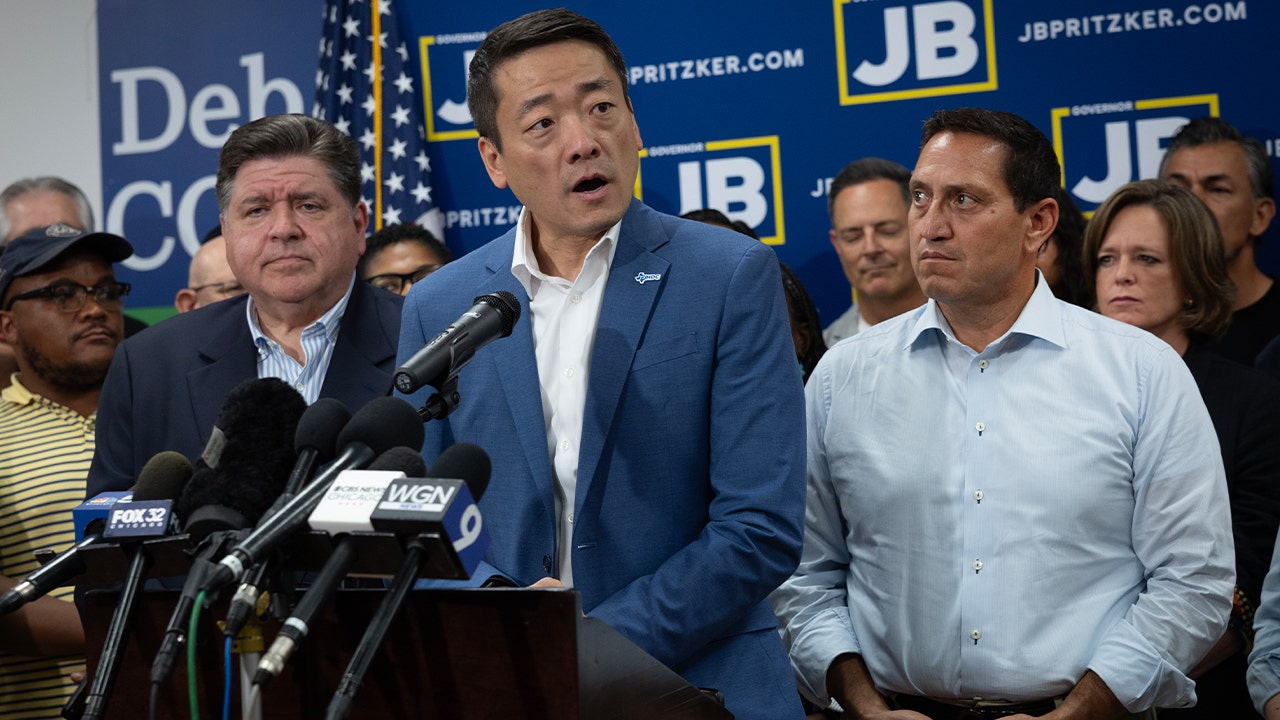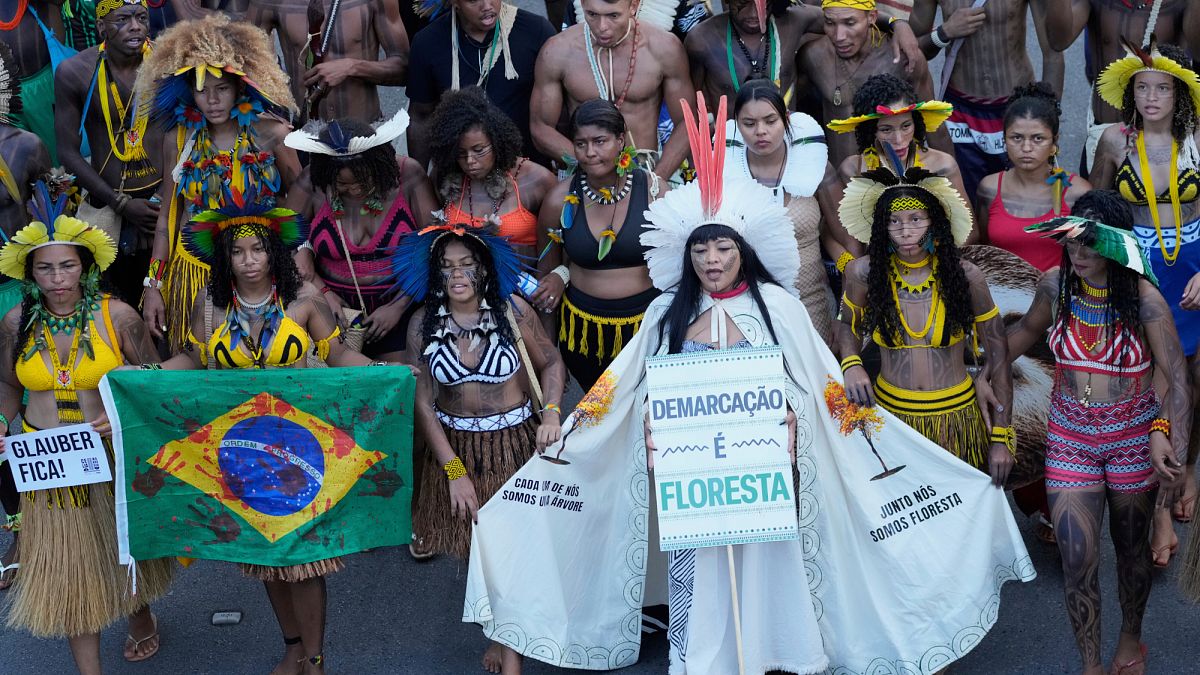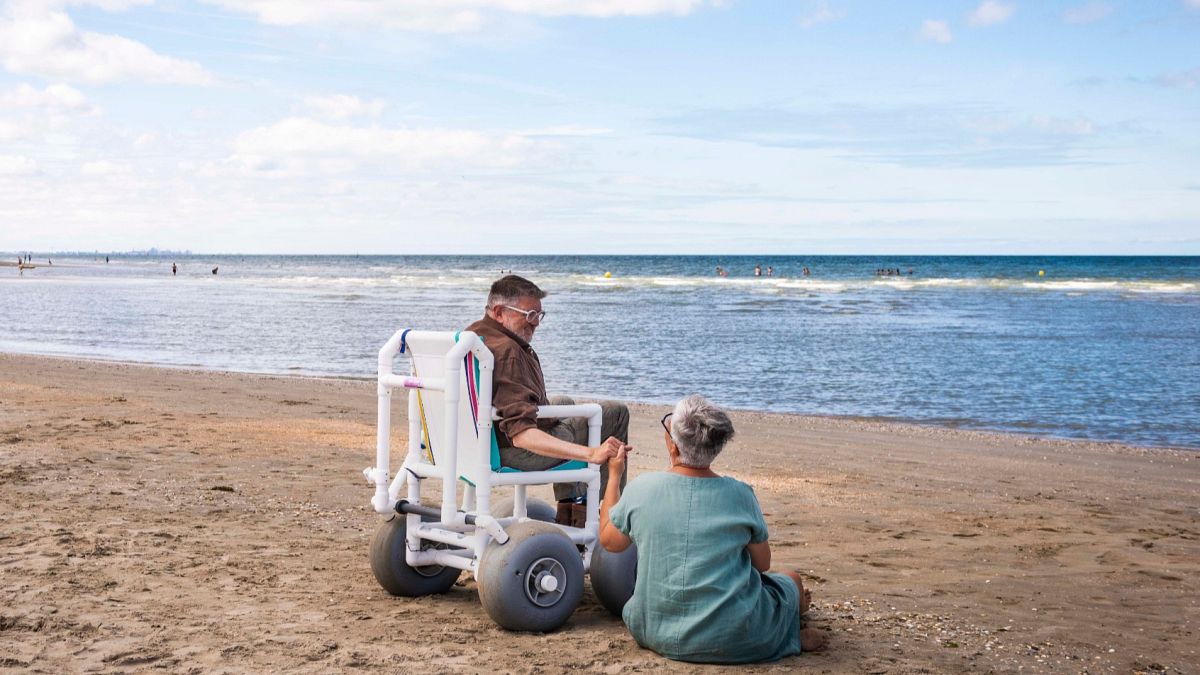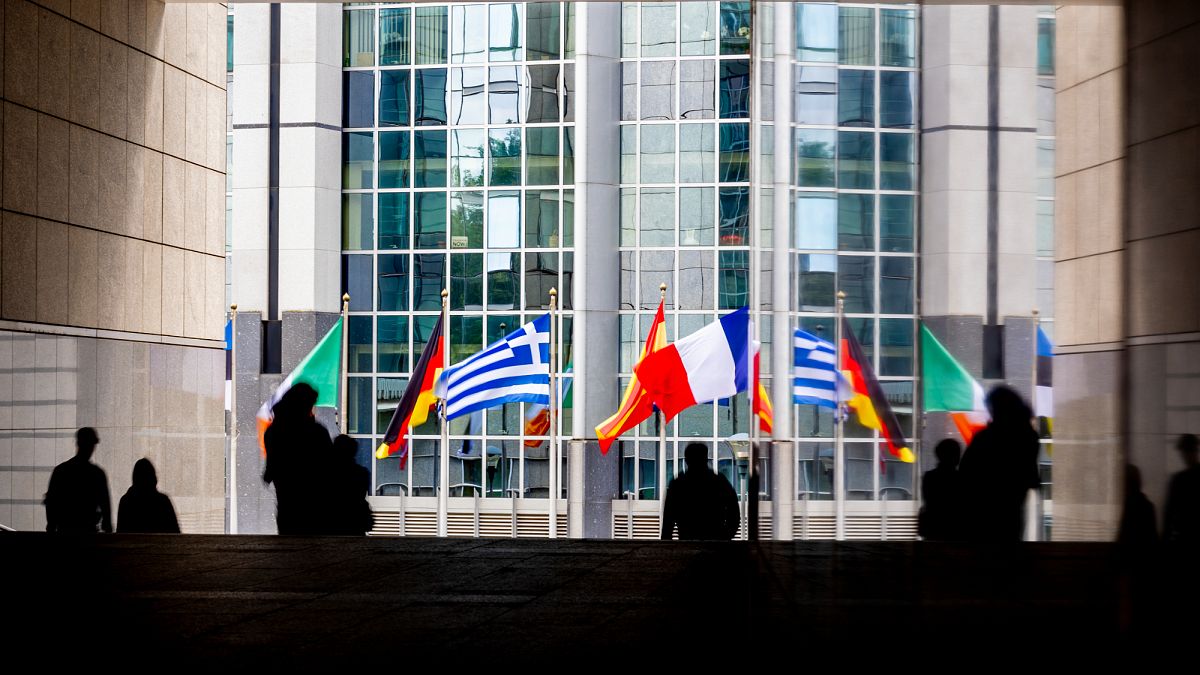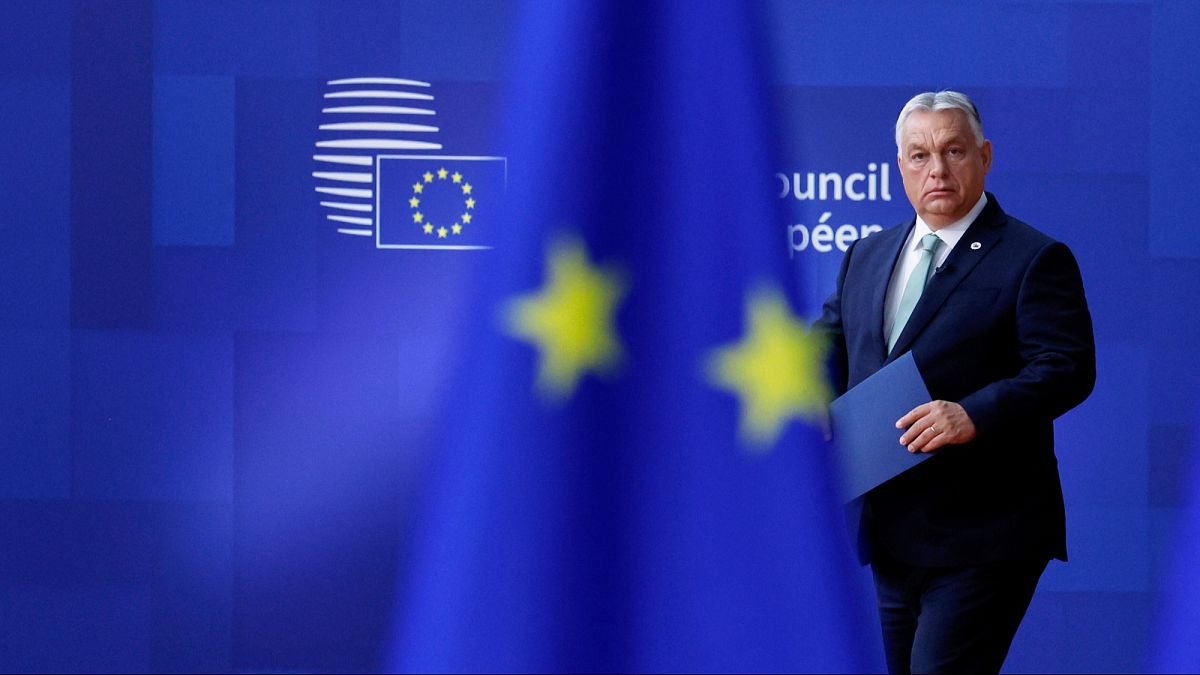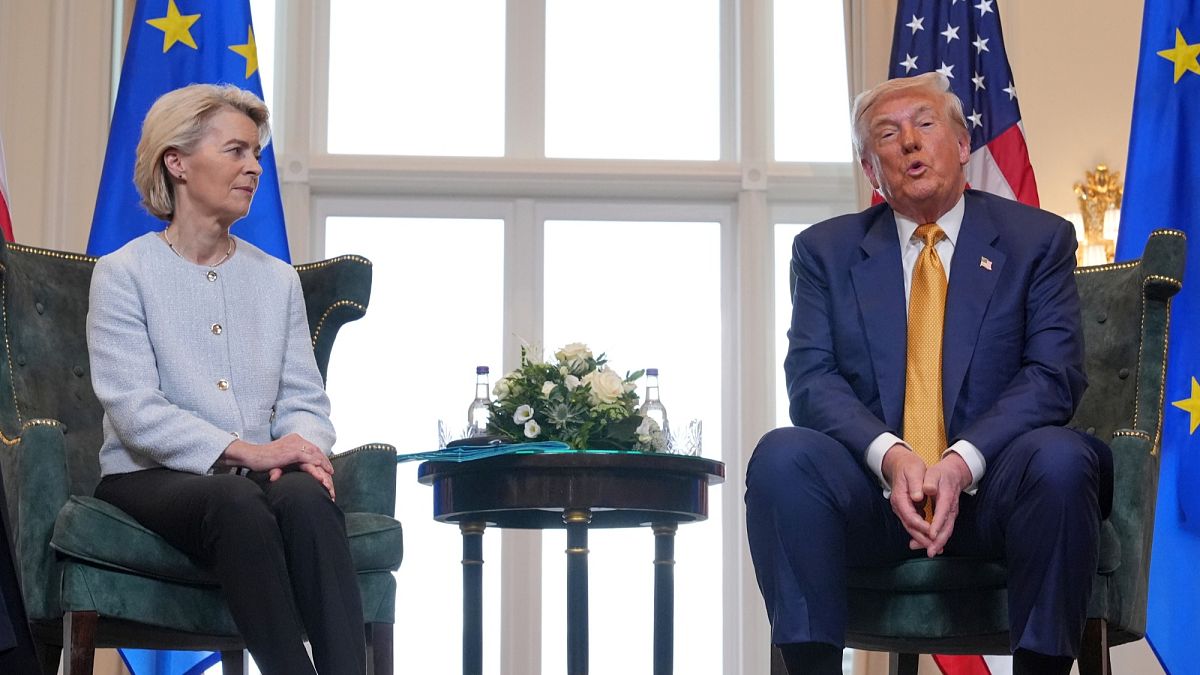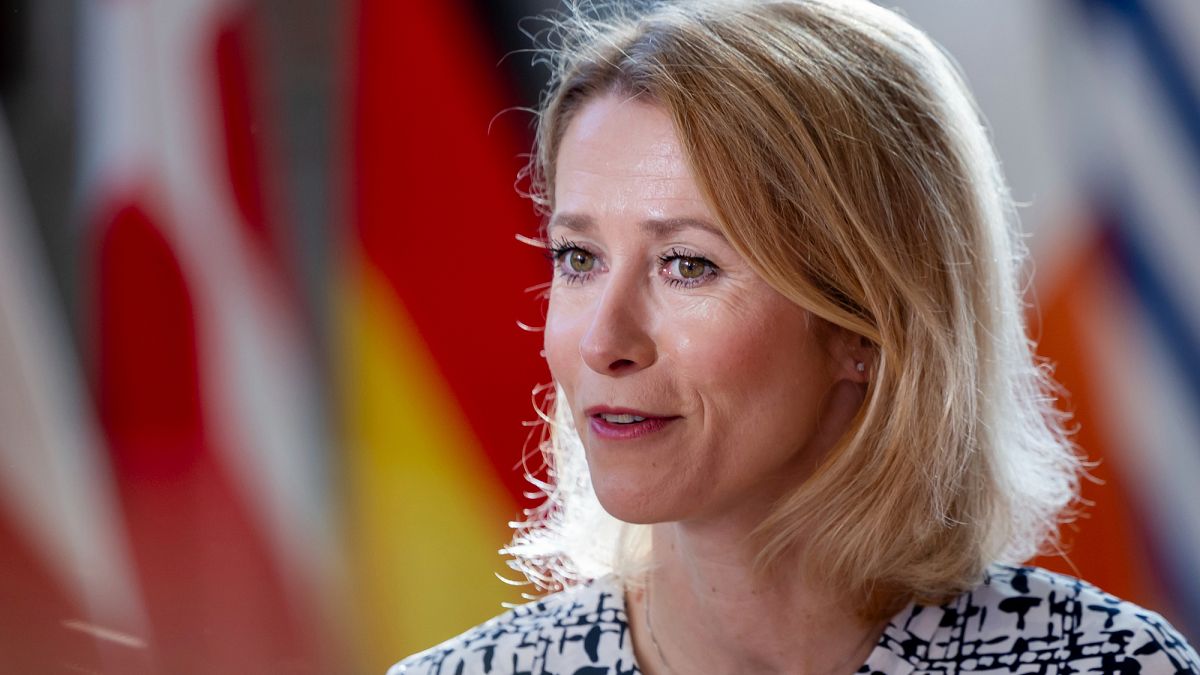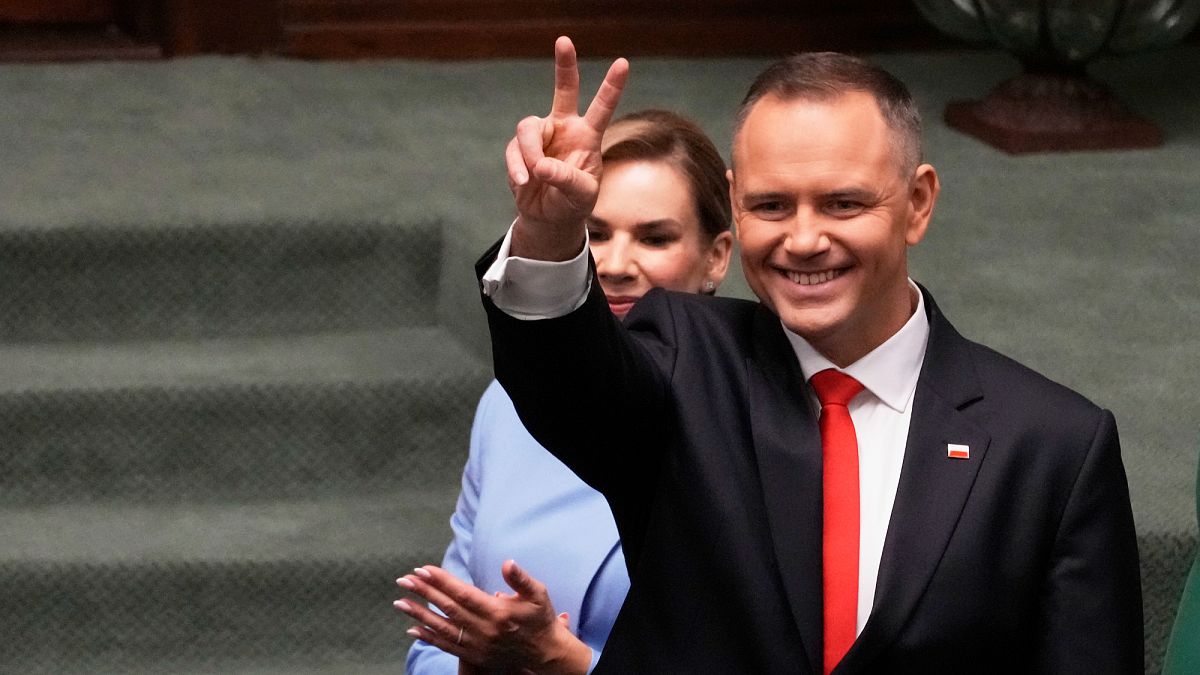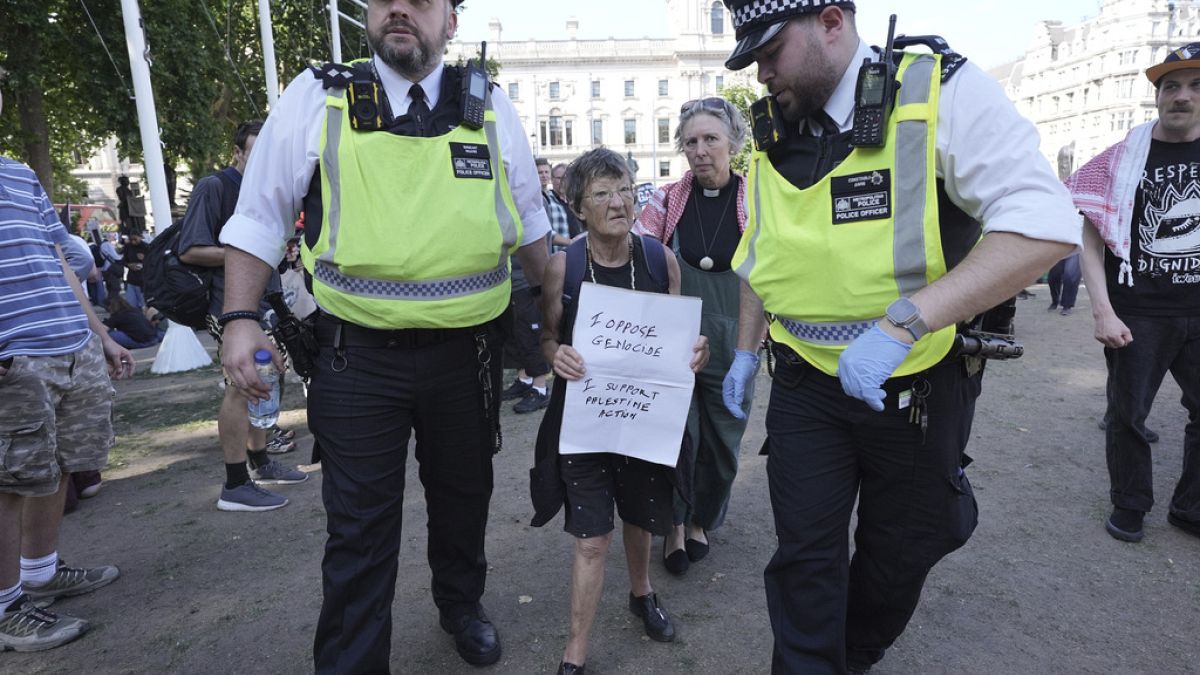Representatives of Brazil’s indigenous peoples travelled to Brussels to set out concerns with the trade agreement between the European Union and Mercosur countries at recent meetings with MEPs and European Commission officials.
A key issue is the likely expansion of agriculture and livestock farming in the lands inhabited by native peoples, which predate Portuguese colonisation in the 16th century.
If the agreement is ratified by the European Parliament and EU Member States, many agri-food products will be exported from South America to Europe at zero or reduced duties.
Considering that the EU is already the second largest trading partner of the countries of the Mercosur bloc (Brazil, Argentina, Paraguay, and Uruguay), with an exchange of more than one hundred billion Euros per year, the trade agreement will likely lead to increases in agricultural production.
In Brazil, this is expected to translate into an increase in the cultivation of soya, millet, and sugar cane as well as cattle breeding.
“The agreement will increase deforestation and socio-environmental conflicts. It does not guarantee the rights of indigenous peoples, on the contrary, it creates instability and legal uncertainty for us, as economic interests that want to further exploit indigenous territories will benefit from this agreement”, Dinamam Tuxá, coordinator of the Association of Indigenous Peoples of Brazil told Euronews.
He said the trade agreement would benefit large private companies and those who are using criminal methods to take land from the indigenous peoples for agriculture. It will also complicate the implementation of the European law on deforestation, which will come into force in 2026, he claimed.
“We are against this agreement, but the Brazilian government is in favour, because it wants to produce more. And this production will be done on our heads, on our bodies, at the expense of our rivers and the forest,” said another indigenous leader, Alessandra Korap, spokesperson for the Amazonian munduruku people.
The law unpalatable to the indigenous people
Both representatives of the indigenous peoples emphasised the combination of the agreement’s entry into force and an alleged tendency of the Brazilian parliament to favour the agricultural exploitation of the territories inhabited by natives.
The Brazilian constitution protects the so-called ‘demarcated lands’, portions of territory guaranteed by the constitution and allocated to the country’s more than 300 indigenous peoples, where they decide what to cultivate.
In 2023, however, a much contested law was passed restricting the allocation of these lands.
“Law 14.701, the Temporal Framework Law, relaxes the rights of indigenous peoples to exploit agro-industry within their territories and paralyses the demarcation of indigenous territories,” said Dinamam Tuxá.
The legislation only considers as demarcated lands to those territories inhabited or claimed by indigenous peoples up till 1988, when the Brazilian constitution was promulgated. A condition that penalises indigenous communities that have grown up or moved away in the meantime, a situation not uncommon for many of the peoples living in the Amazon rainforest.
“When they block the demarcation of indigenous lands, they do so with the aim of depriving indigenous peoples of their rights to their own territory,” Tuxá argued. “The agribusiness lobby in the Brazilian parliament has promoted a package of measures aimed at loosening the rights of indigenous peoples and expanding agricultural production areas to indigenous territories,” he claimed.
The EU-Mercosur agreement includes a chapter on sustainability, but the representatives of the indigenous peoples do not believe it could protect them enough. And they fear for their future, as is evident from the words of Alessandra Korap.
“If you visit my region, you will not even feel like you are in the Amazon. You will see warehouses full of tons of soya. The government is favouring its production, which is spreading everywhere in the states of Pará and Mato Grosso.”


